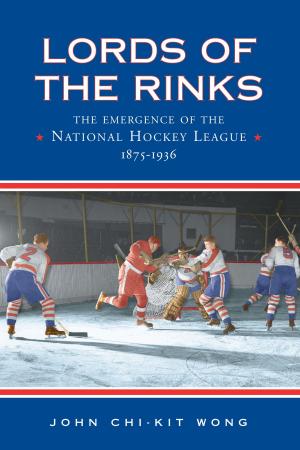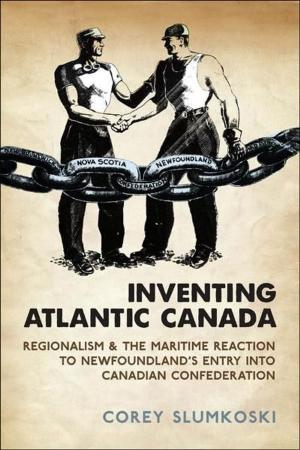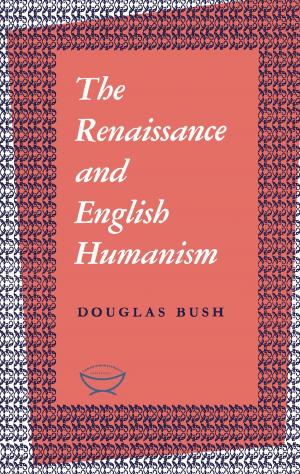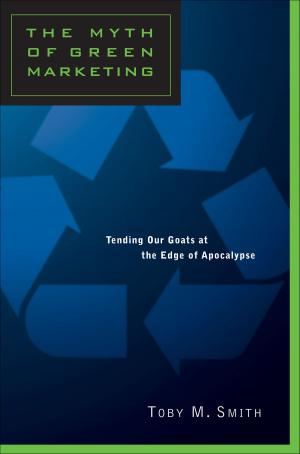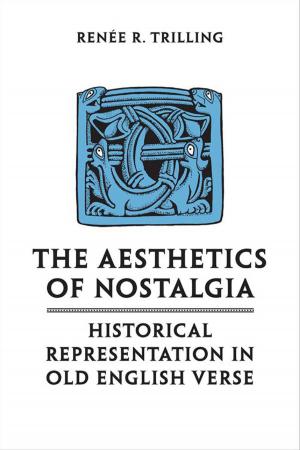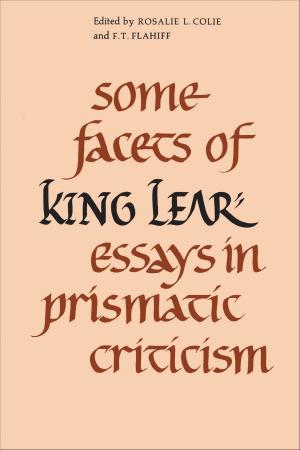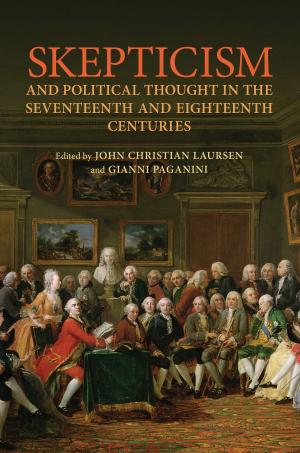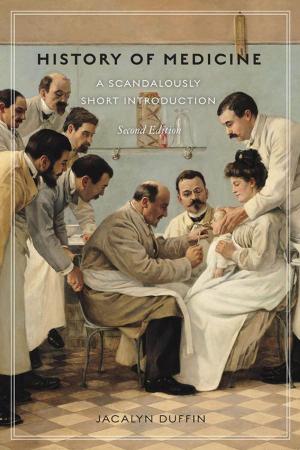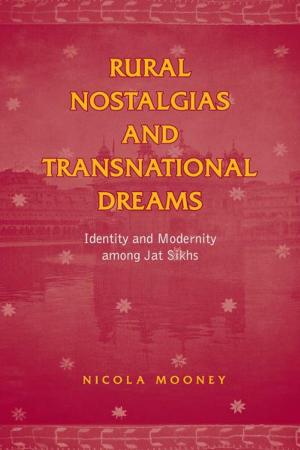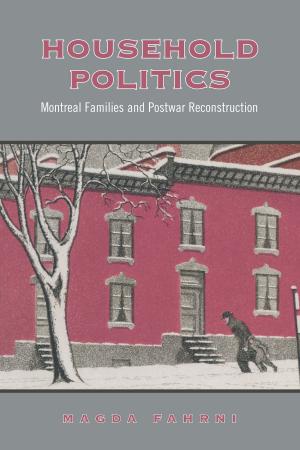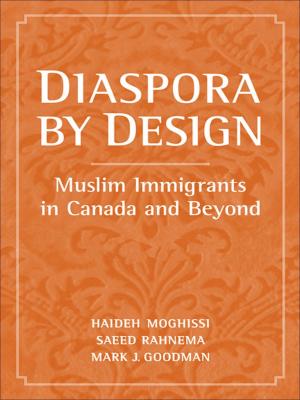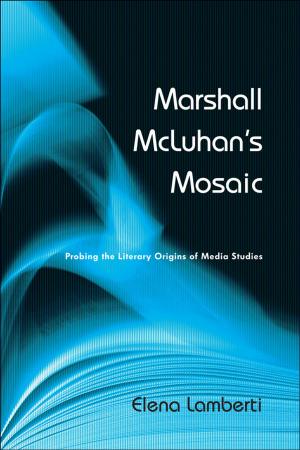Cultures, Communities, and Conflict
Histories of Canadian Universities and War
Nonfiction, Reference & Language, Education & Teaching, History, Canada, Military| Author: | Paul Stortz, E. Lisa Panayotidis | ISBN: | 9781442664470 |
| Publisher: | University of Toronto Press, Scholarly Publishing Division | Publication: | November 13, 2012 |
| Imprint: | Language: | English |
| Author: | Paul Stortz, E. Lisa Panayotidis |
| ISBN: | 9781442664470 |
| Publisher: | University of Toronto Press, Scholarly Publishing Division |
| Publication: | November 13, 2012 |
| Imprint: | |
| Language: | English |
Cultures, Communities, and Conflict offers provocative, cutting-edge perspectives on the history of English-Canadian universities and war in the twentieth century. The contributors explore how universities contributed not only to Canadian war efforts, but to forging multiple understandings of intellectualism, academia, and community within an evolving Canadian nation.
Contributing to the social, intellectual, and academic history of universities, the collection provides rich approaches to integral issues at the intersection of higher education and wartime, including academic freedom, gender, peace and activism on campus, and the challenges of ethnic diversity. The contributors place the historical university in several contexts, not the least of which is the university’s substantial power to construct and transform intellectual discourse and promote efforts for change both on- and off-campus.
With its diverse research methodologies and its strong thematic structure, Cultures, Communities, and Conflict provides an energetic basis for new understandings of universities as historical partners in Canadian community and state formation.
Cultures, Communities, and Conflict offers provocative, cutting-edge perspectives on the history of English-Canadian universities and war in the twentieth century. The contributors explore how universities contributed not only to Canadian war efforts, but to forging multiple understandings of intellectualism, academia, and community within an evolving Canadian nation.
Contributing to the social, intellectual, and academic history of universities, the collection provides rich approaches to integral issues at the intersection of higher education and wartime, including academic freedom, gender, peace and activism on campus, and the challenges of ethnic diversity. The contributors place the historical university in several contexts, not the least of which is the university’s substantial power to construct and transform intellectual discourse and promote efforts for change both on- and off-campus.
With its diverse research methodologies and its strong thematic structure, Cultures, Communities, and Conflict provides an energetic basis for new understandings of universities as historical partners in Canadian community and state formation.

